The brutal but necessary process of ‘getting over yourself’…
1 Mar 2022
Kirsty Lockhart, Family Support Officer with Down’s Syndrome Scotland, on what she learned from teenagers with Down’s syndrome during the pandemic
As we approach our 40th anniversary at Down’s Syndrome Scotland (DSS), none of us could have known that our deepest learning about young people with Down’s syndrome would come in this past year. A year ago, we found ourselves unexpectedly back in the grip of another lockdown with schools and colleges closed, after-school groups shelving their re-opening plans, and the stabilising new routines we had created for ourselves once again thrown off kilter by a new Covid variant.
Against this backdrop, DSS launched ‘TeenZ Space’, a younger-sister programme to ‘FriendZ Space’, our online social programme for adults with Down’s Syndrome. With the aim of reducing isolation for teenagers, I set to work on our first timetable of online activities. I researched top tips for looking after one’s mental health and braced myself to meet all the emotional needs of these young people who were facing their second year of change and uncertainty.
However, if I knew then what I know now, I would have confidently realised that I needn’t have bothered. Because these young people would teach me far more than I could ever teach them about resilience and making friends.
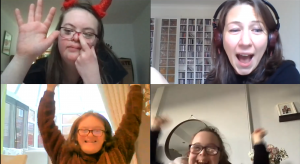
One year on, here is what I have learned from teenagers with Down’s Syndrome:
1. Young people are far more resilient than we give them credit for. I have observed the TeenZ crew learn to roll with the punches, pick themselves up, dust themselves off and get ready to meet the next challenge. Joy, laughter and incredible personal achievements have been celebrated. Bereavement, grief, and loss have all been shared. Not only that, but they have supported each other along the way and kept a sanguine sense of perspective that we could all benefit from. To mis-quote Winston Churchill: “Success consists of going from one huge life disruption to the next, without loss of enthusiasm.”
2. Young people don’t need us to help them make friendships. They need only the facilitation of a safe space where they can get on with the business of friendship themselves. I have learned to step back and give them the space to express genuine interest in each other, remember details about each other’s lives, and support each other in their own teenage dramas.
3. There is strength in vulnerability. I learned the importance of keeping an unstructured element to TeenZ Space, to allow opportunity for the young people to bring their own agenda to the sessions. Collectively we have shared the anger and confusion of bereavement from Covid, the pain of separation from family, and the grief of a parental cancer diagnosis. At no point did anyone rush in to lighten the mood, minimise or distract. Again, I realised that my role was simply to facilitate a holding space where troubles could be shared and responded to with empathy. I watched teenagers respond intuitively in ways which I had only learned myself through postgraduate study in counselling.
4. The brutal but necessary process of ’getting over yourself’. This is perhaps the single greatest ongoing lesson I have learned in all my time working with people with learning disabilities, and never more so than over the course of the past year. I cannot emphasise enough just how much there is to gain from the process of giving yourself up to the power of karaoke – to use Princess Elsa’s mantra in Disney’s eternally popular Frozen, “I’m freeeee! Let it go, let it go…”
TeenZ Space is open to all teenagers with Down’s syndrome in Scotland. We meet after school and in the evenings on Zoom for 45-minute sessions in small groups of six to eight. Regular activities include sharing meals together, games, arts and crafts, quizzes, dancing, themed sessions, and karaoke.
We intend to be here for the next 40 years!
For more information, click here to get in touch with info@dsscotland.org.uk.
Kirsty Lockhart is Family Support Officer with Down’s Syndrome Scotland
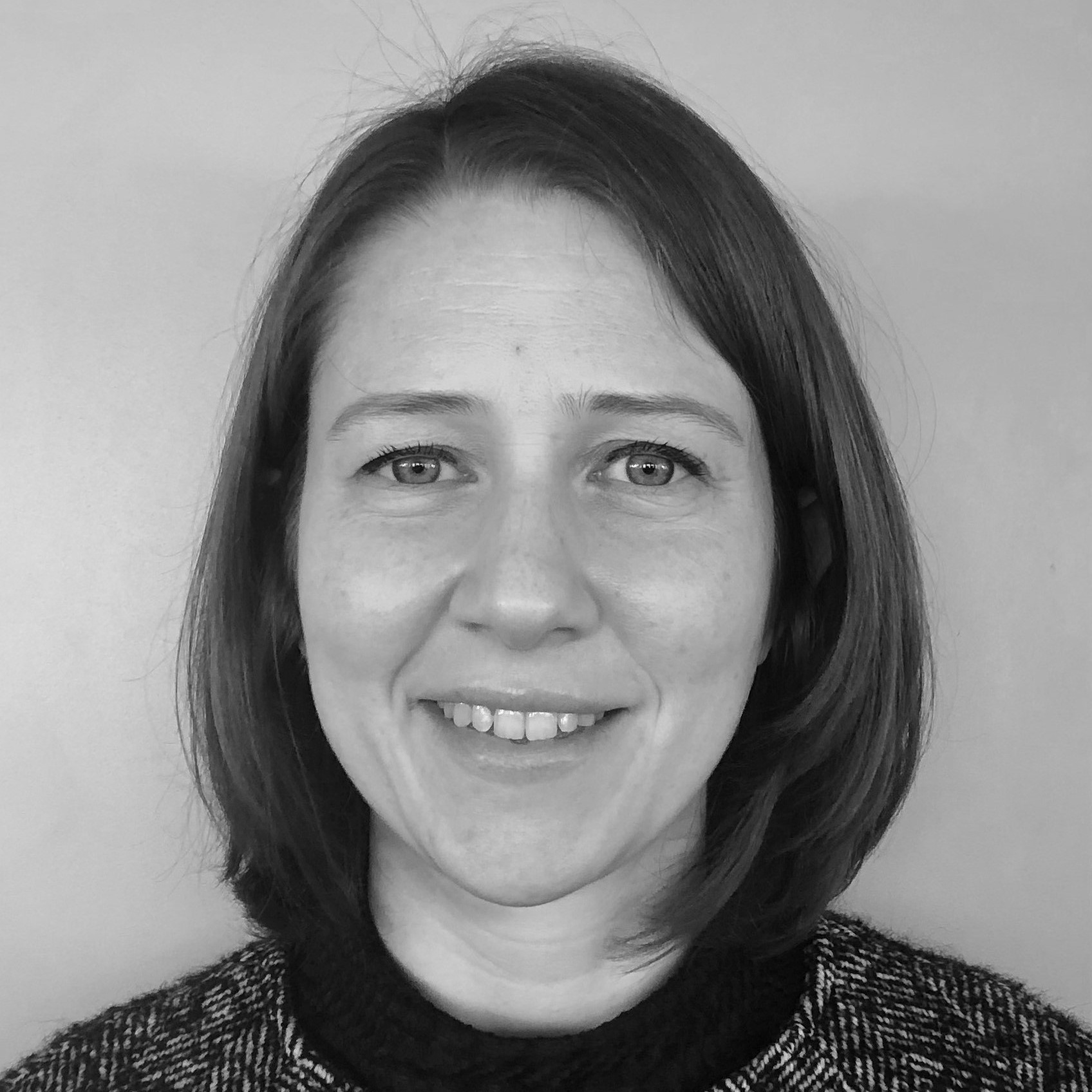
About the author
Kirsty Lockhart is Family Support Officer with Down's Syndrome Scotland
Click here for more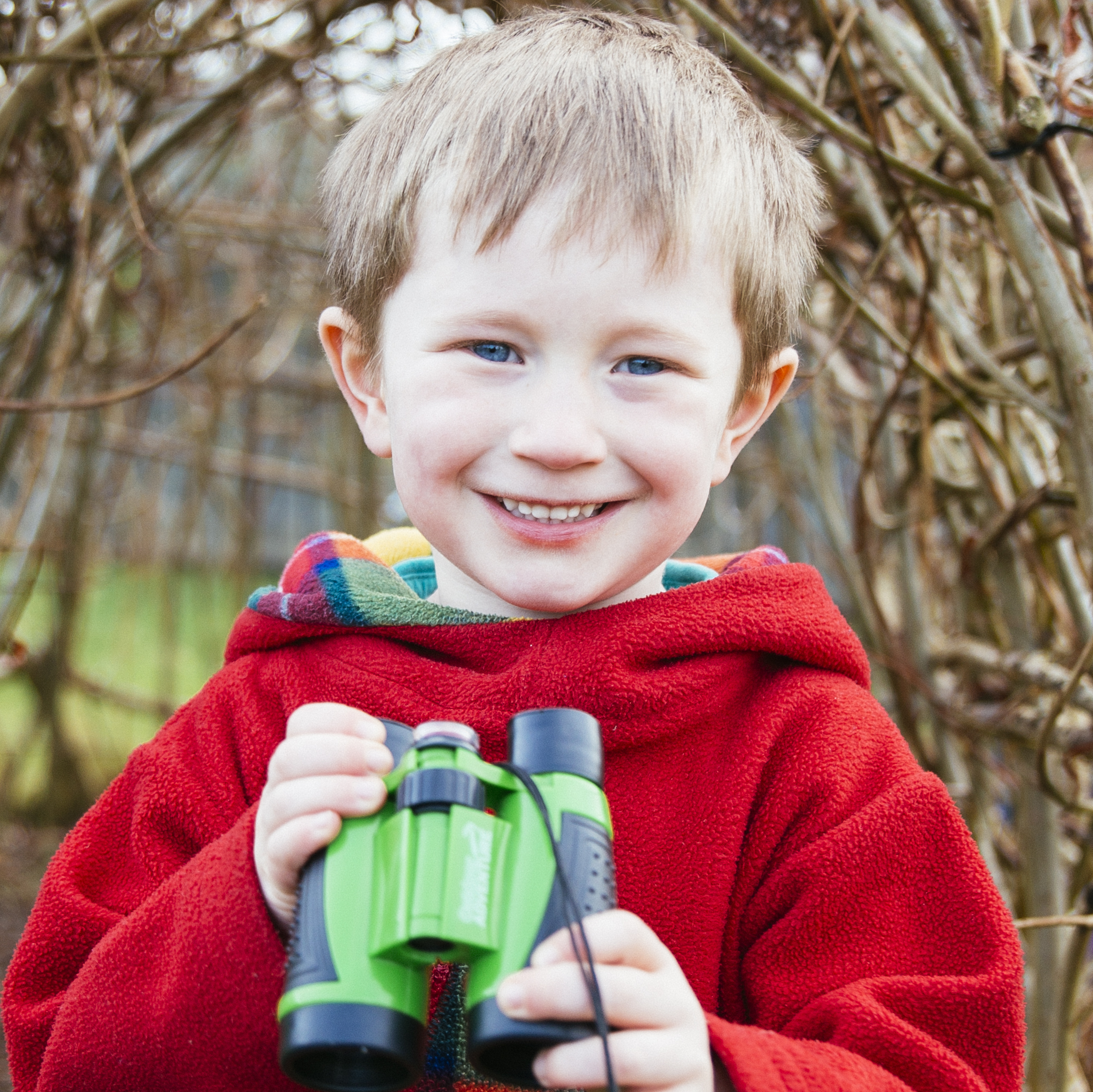
Light up your learning this year
We're offering a full programme of webinars to cover all your training needs throughout the year
Click here for more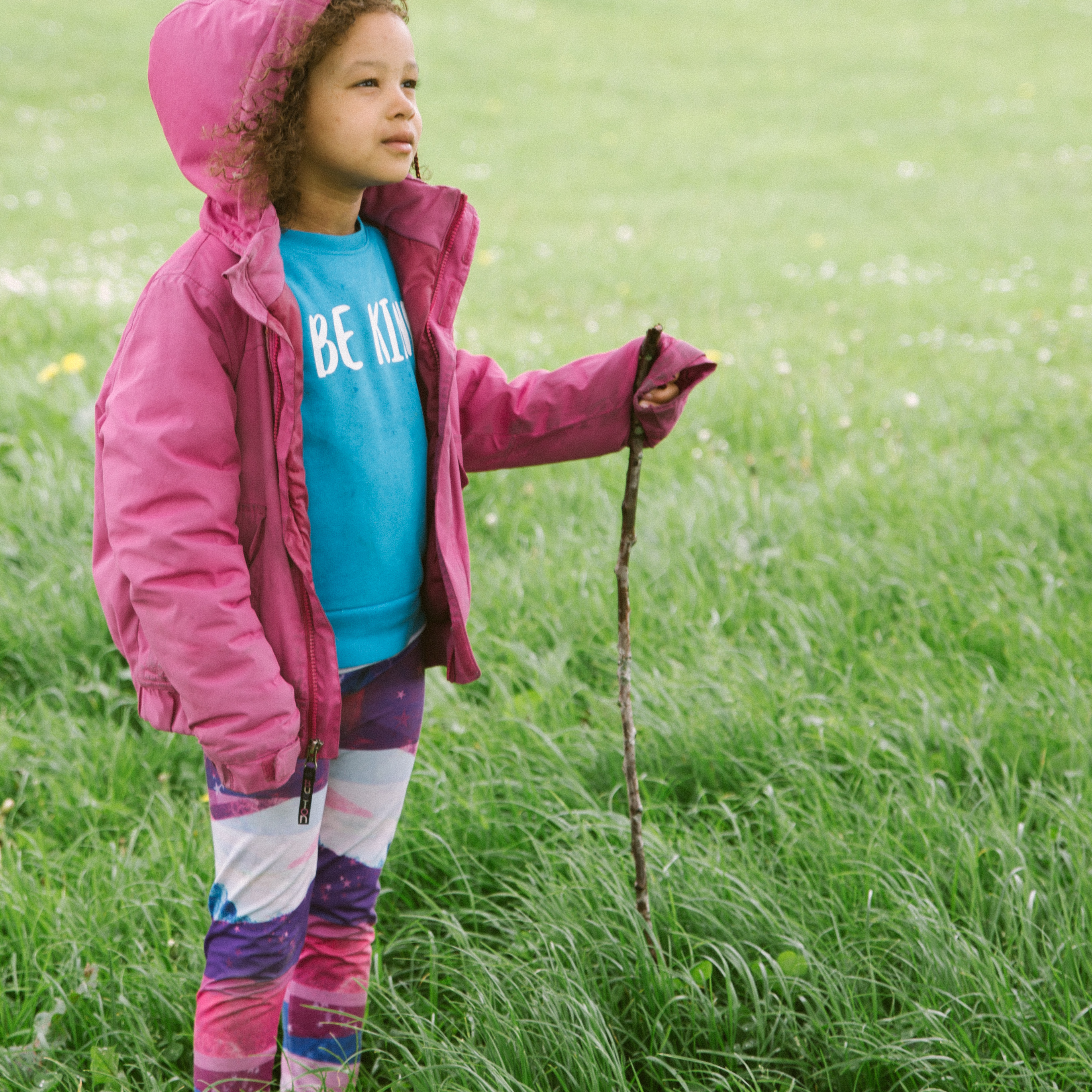
Hope in hard times
Our 2021-26 Manifesto is backed by organisations from across the children's sector
Click here for more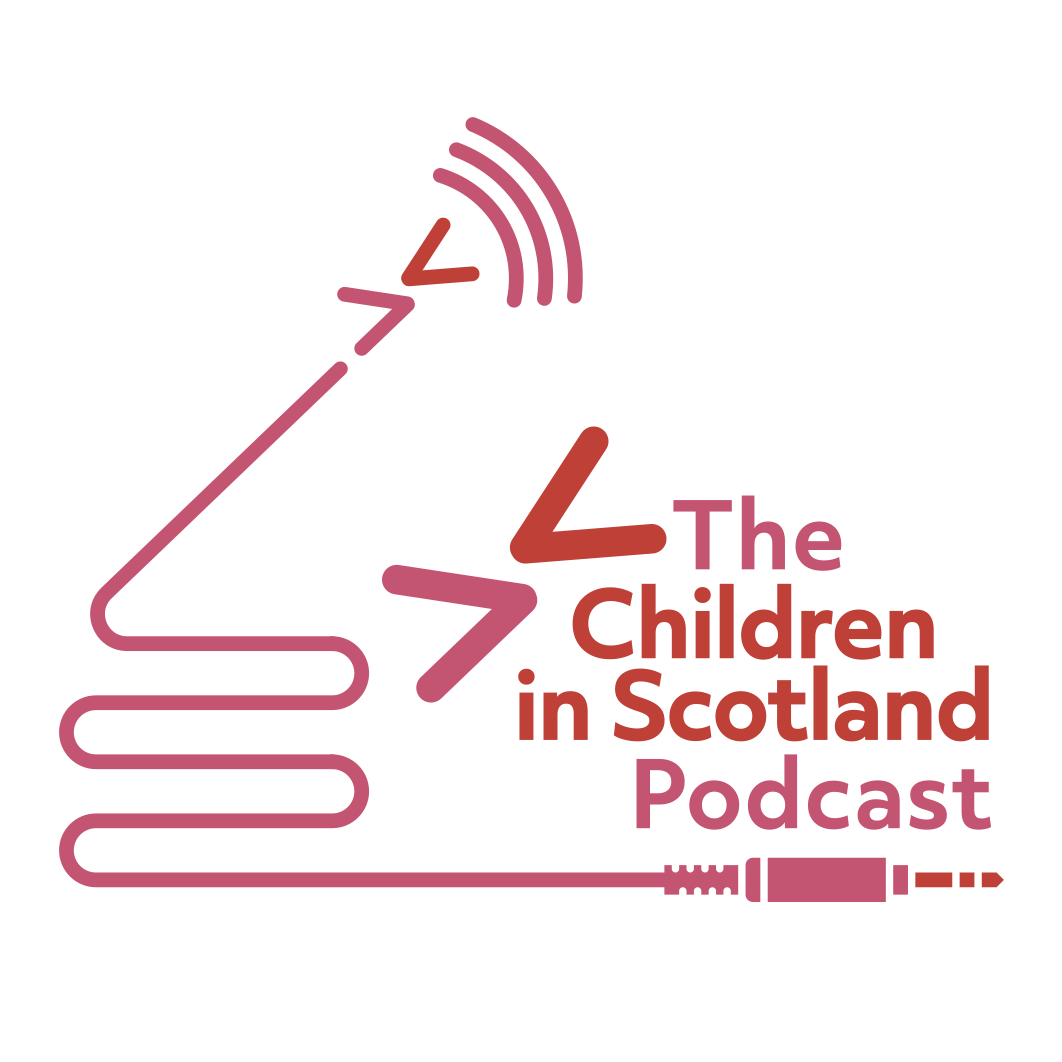
Children in Scotland podcast
Engage in debate on issues and work taking place across the sector
Click here to listen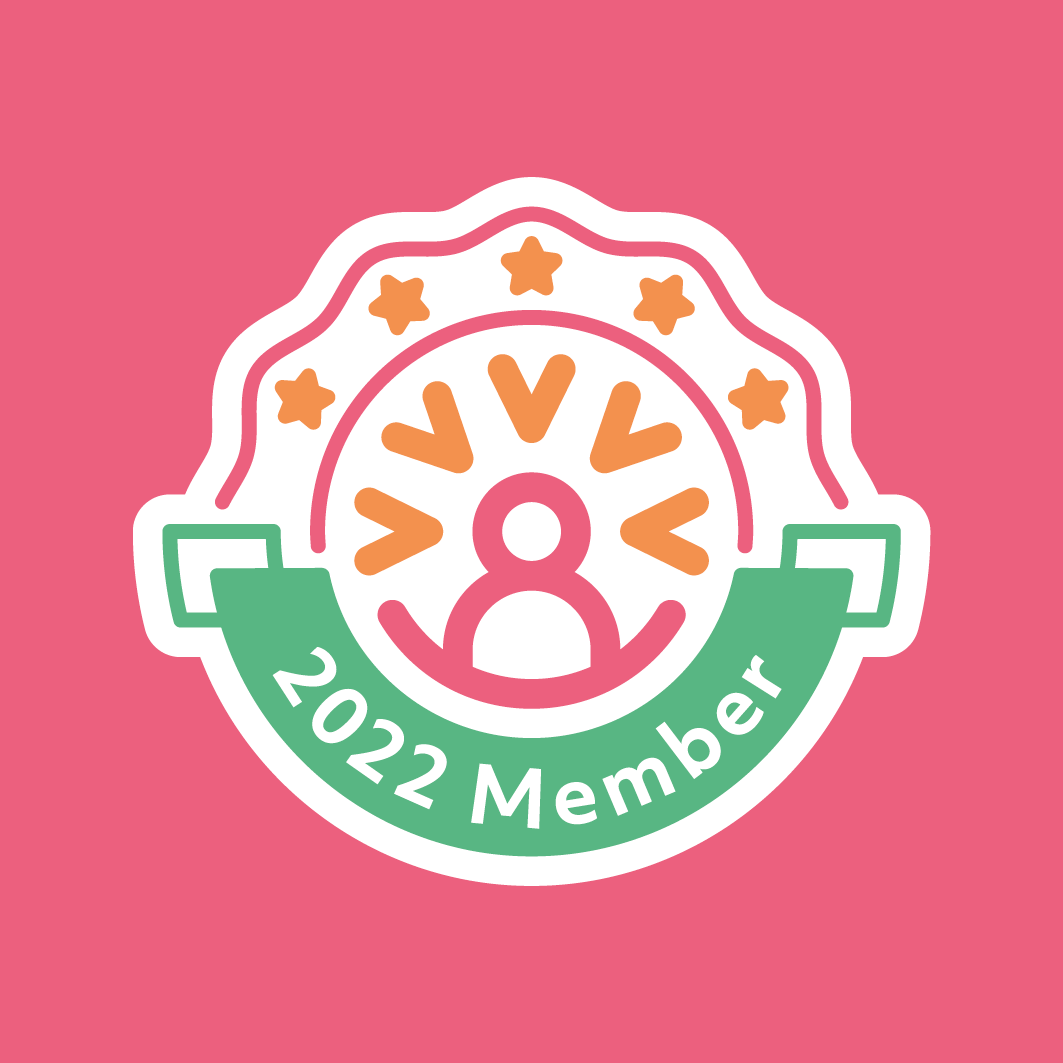
Our membership offer
Be part of the largest national children's sector membership organisation in Scotland
Click here for more